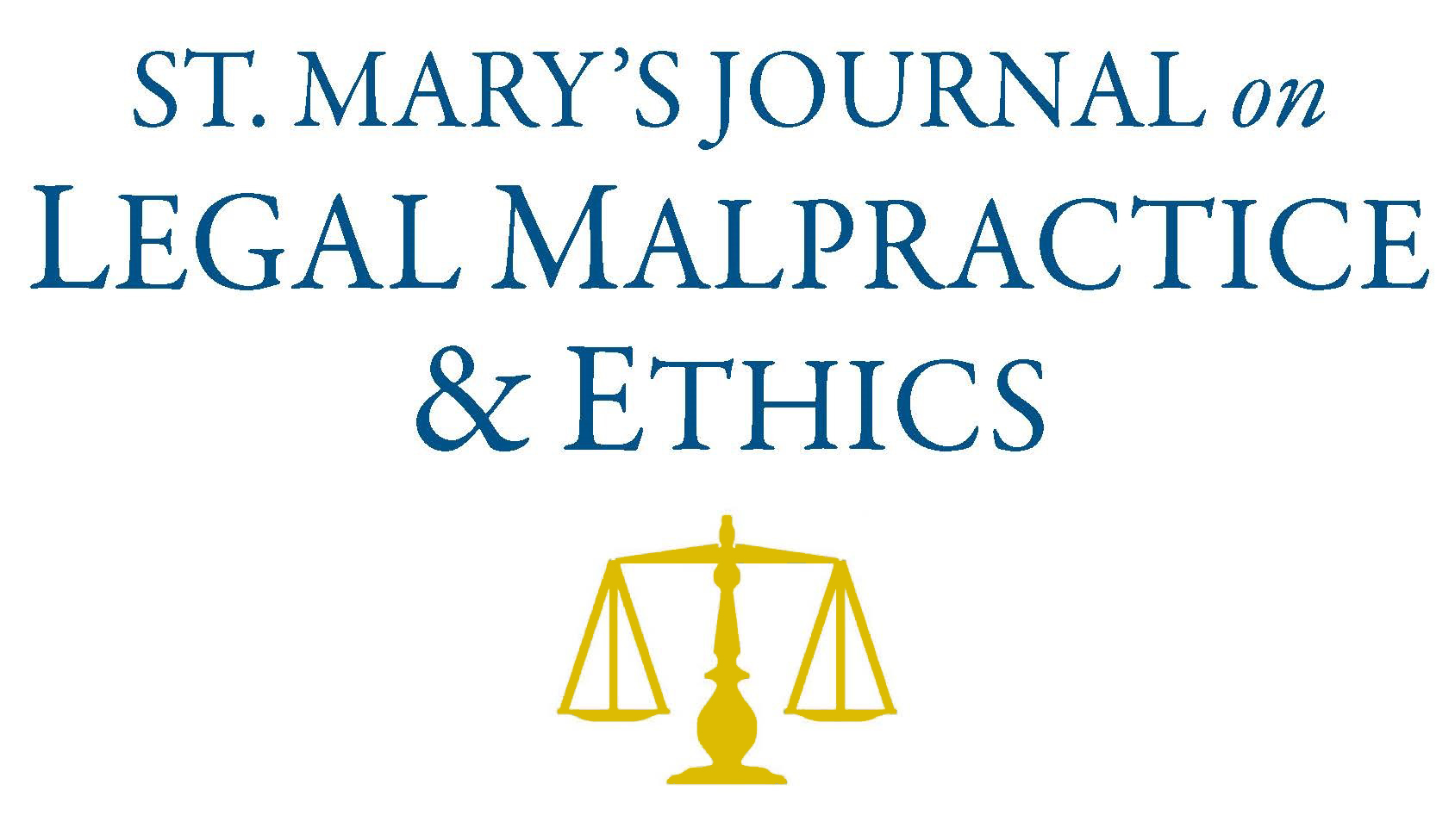
First Page
96
Date Created
10-2017
Publisher
St. Mary's University School of Law
Editor
Marissa E. Olsen
Last Page
159
Abstract
In 1966, Professor Monroe Freedman authored Professional Responsibility of the Criminal Defense Lawyer: The Three Hardest Questions, a work that occupies an important place in the cannon of legal ethics. Freedman believed that the three hardest questions facing a criminal defense attorney relate to whether it is ethical to discredit a truthful witness; whether it is proper to knowingly allow a client to testify falsely; and whether a lawyer may provide a client with legal advice when the lawyer suspects the client may use that advice to commit a crime. Beyond Freedman’s queries there are other important, yet largely unaddressed, ethical issues that feature prominently in the landscape of criminal defense representation. This Article identifies its own version of the “three hardest” ethical questions in the context of criminal defense practice, and proposes answers to these questions. These issues are: (1) what is the ethically appropriate response when a crime victim who does not wish to pursue prosecution asks a criminal defense attorney, “what happens if I don’t come to court?”; (2) what should defense counsel say to a judge who directly asks counsel about incriminating information that is protected by attorney-client confidentiality when the judge can easily infer that defense counsel’s refusal to answer is an indication of the client’s guilt; and (3) can defense counsel zealously advocate for an individual client if doing so would potentially anger a prosecutor who is likely to retaliate by punishing the attorney’s other clients?
Recommended Citation
Todd A. Berger,
Professional Responsibility of the Criminal Defense Lawyer Redux: The New Three Hardest Questions,
7
St. Mary's J. on Legal Malpractice & Ethics
96
(2017).
Available at:
https://commons.stmarytx.edu/lmej/vol7/iss2/1
Included in
Criminal Law Commons, Law and Society Commons, Legal Ethics and Professional Responsibility Commons, Legal Profession Commons, Legal Remedies Commons

